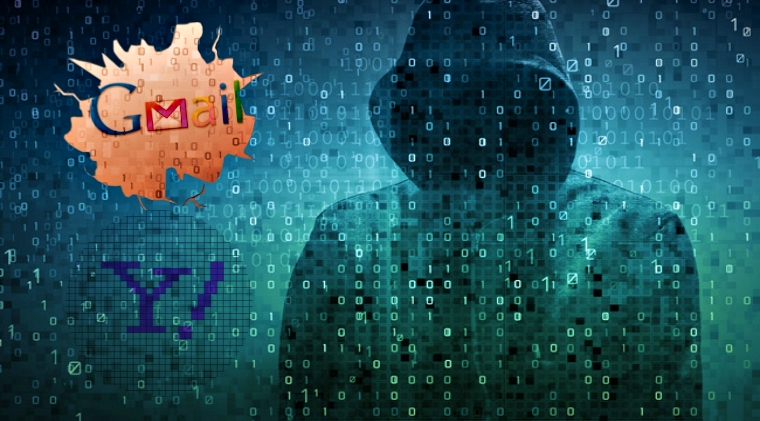Ransomware attack cripples Starbucks operations, forcing the coffee giant to rely on manual processes for employee scheduling and payroll. Learn how this cyberattack is impacting businesses worldwide and the steps being taken to mitigate the damage.
As the holiday season kicks off, a ransomware attack on Blue Yonder, the world’s leading supply chain management software provider, has disrupted operations for Starbucks and other retailers worldwide.
The attack, reportedly, affected the private cloud computing service Blue Yonder provided to some customers including Starbucks, but not the company’s public cloud environment.
It is worth noting that the Arizona-based Blue Yonder boasts an extensive client base comprising most Fortune 500 firms. It offers food services to 46 of the world’s top 100 manufacturers, 64 of the leading 100 consumer product goods makers, and overall 76 of the top 100 global retail giants.
The cyberattack, which struck on November 21st, crippled one of its clients, Starbucks’ back-end systems, specifically those responsible for employee scheduling and payroll. As a result, store managers have been forced to rely on manual processes for tracking employee hours and payments.
The collateral damage of the attack extends beyond Starbucks, impacting major retailers and supermarket chains. According to the Wall Street Journal report, UK’s Morrisons and Sainsbury’s have experienced disruptions to their warehouse management systems and were forced to implement backup systems to mitigate the impact.
Blue Yonder, which was acquired by Panasonic in September 2021, has been working tirelessly to address the issue. The company has engaged external cybersecurity firm CrowdStrike to assist in recovery efforts and has implemented defensive measures to prevent future attacks. However, a specific timeline for full-service restoration is not yet provided.
“We are working around the clock to respond to this incident and continue to make progress. There are no additional updates to share at this time with regard to our restoration timeline following our post yesterday,” the company’s statement read.
Starbucks’ new CEO, Brian Niccol is implementing measures to address this setback as soon as possible. The company’s spokesperson Jaci Anderson states that they remain committed to ensuring their employees are paid accurately for their hours worked.
The coffee chain is actively working to minimize disruptions and inconsistencies in the payroll process, despite the limitations imposed by the ransomware attack and has advised employees to work around the outage manually.
Nonetheless, the attack adds to a growing list of cybersecurity incidents affecting major food service companies, including McDonald’s and Panera, which experienced technical glitches earlier this year and Panera potentially facing a class action lawsuit resultantly.
The timing of this attack is also crucial because as per the latest research, around 86% of ransomware attacks occur during holidays or weekends with cybercriminals minting a whopping $1.1 billion in ransom payments last year.
James McQuiggan, security awareness advocate at KnowBe4 weighed in on the situation stating, “Ransomware attacks show cybercriminals have been in the network for some time. Organizations must prepare with a tested Incident Response plan, backup processes, and recovery systems to minimize damage and downtime.”










“security awareness advocate at KnowBe4” but wasnt aware they were employing North Korean actors. Maybe weigh in on something else. Like having KPMG do your assessments, after their streak of high profile customer breaches. I’ll pass.